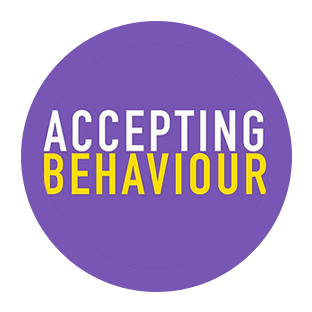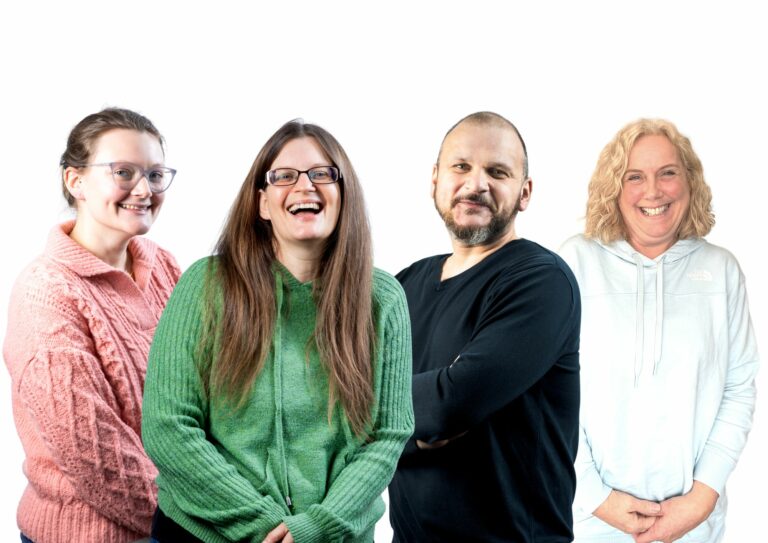WELCOME TO
EOTAS SUPPORT
Supporting neurodivergent children and young people using acceptance-based strategies.

What is EOTAS?
Commonly referred to as ‘education otherwise than at school’ or EOTAS, this approach is supported under section 61 of the Children and Families Act 2014 (1). However, the LA must thoroughly discuss this option with the child’s parents or the young person, considering their opinions seriously.
Education can be provided in various settings other than traditional school environments. This can include home education, hospital schools, pupil referral units, or community centres.
Our EOTAS programs are tailored to the individual needs of each student we support, considering their educational, emotional, and health requirements.
We can offer you guidance on the EOTAS process, and support in finding the right education for your child.
“Sessions have been a life line, people that can support my daughter and family when no one else would. It’s been great as Aaron and Jayne also understand what’s happening and can make sense of it all. The sessions are helping our daughter to understand herself, acceptance while helping her gain confidence with who she is. Thanks again, this approach should be used by every school, LA, CAMHS and services as it works!” ️
EOTAS support feedback from a parent of a young person we supported.
EOTAS for Parents & Families

EDUCATION OTHER THAN AT SCHOOL
There are many benefits to EOTAS
Tailored for specific needs.
EOTAS allows for a more personalized approach to education, tailored to the child’s specific needs, interests, and abilities. This can lead to improved engagement and better learning outcomes.
For students who struggle
For students who struggle in mainstream settings due to anxiety, bullying, or social challenges, EOTAS can provide a safer and more comfortable learning environment, leading to improved mental health and well-being.
A new interest in learning
Children disengaged with traditional schooling often find a new interest in learning through EOTAS, as the flexible and student-centred approach can reignite their curiosity and motivation.
Providing better opportunities
EOTAS can provide opportunities for children to develop specific skills or talents that mainstream schools might not cater to. This could include vocational skills, arts, or other specialized areas.
‘I have known Aaron in my SEND and autism specialist positions in local authorities and can recommend the high quality of knowledge and professionalism that Aaron prides his work on. His approach is child centred to supporting children and young people and settings.
T i n a P a r t r i d g e (W o r c e s t e r L e a d S E N D s p e c i a l i s t M a n a g e r)

We can help you with applying for EOTAS.
Some tips on Applying for Education Other Than at School (EOTAS)
When a child is not engaging in traditional education, it involves several steps, typically coordinated with your local education authority (LEA). Here’s a general guide:
Assessment of Needs
The first step usually involves assessing the child’s educational needs. This can be initiated by parents, teachers, or healthcare professionals who recognize that the child is not benefiting from traditional schooling. This assessment might lead to developing an Education, Health, and Care Plan (EHCP) if the child has special educational needs.
Contact Your Local Authority
Reach out to your LA. They are responsible for providing education for children who cannot attend school. Explain your child’s situation and why you believe traditional education isn’t suitable for them.
Explore the Options
The LA will discuss different options under EOTAS. These might include online learning programs, one-on-one tutoring, education in community centres, or other specialized arrangements.
Development of an EHC Plan
If your child has special educational needs, an EHC Plan may be developed. This plan will detail the support and provision needed to meet your child’s educational, health, and social needs.
Formal Application
If EOTAS is deemed appropriate, you may need to complete a formal application. This application should detail your child’s needs, why traditional school is unsuitable, and the type of educational setting or support you believe would be beneficial.
Consultation and Consent
It’s important that the child’s views are considered, along with those of the parents or guardians. The LEA will consult you and your child about the proposed education plan.
Approval and Implementation
The LEA will arrange and fund the alternative education provision once approved. They will also monitor the child’s progress and ensure the provision meets their educational needs.
**Remember, the exact process can vary depending on your location and your child’s specific circumstances. It’s advisable to seek guidance from local educational professionals or a special educational needs advisor for detailed and personalized assistance.
Book an EOTAS Consultation
Education other than at school packages and support.

